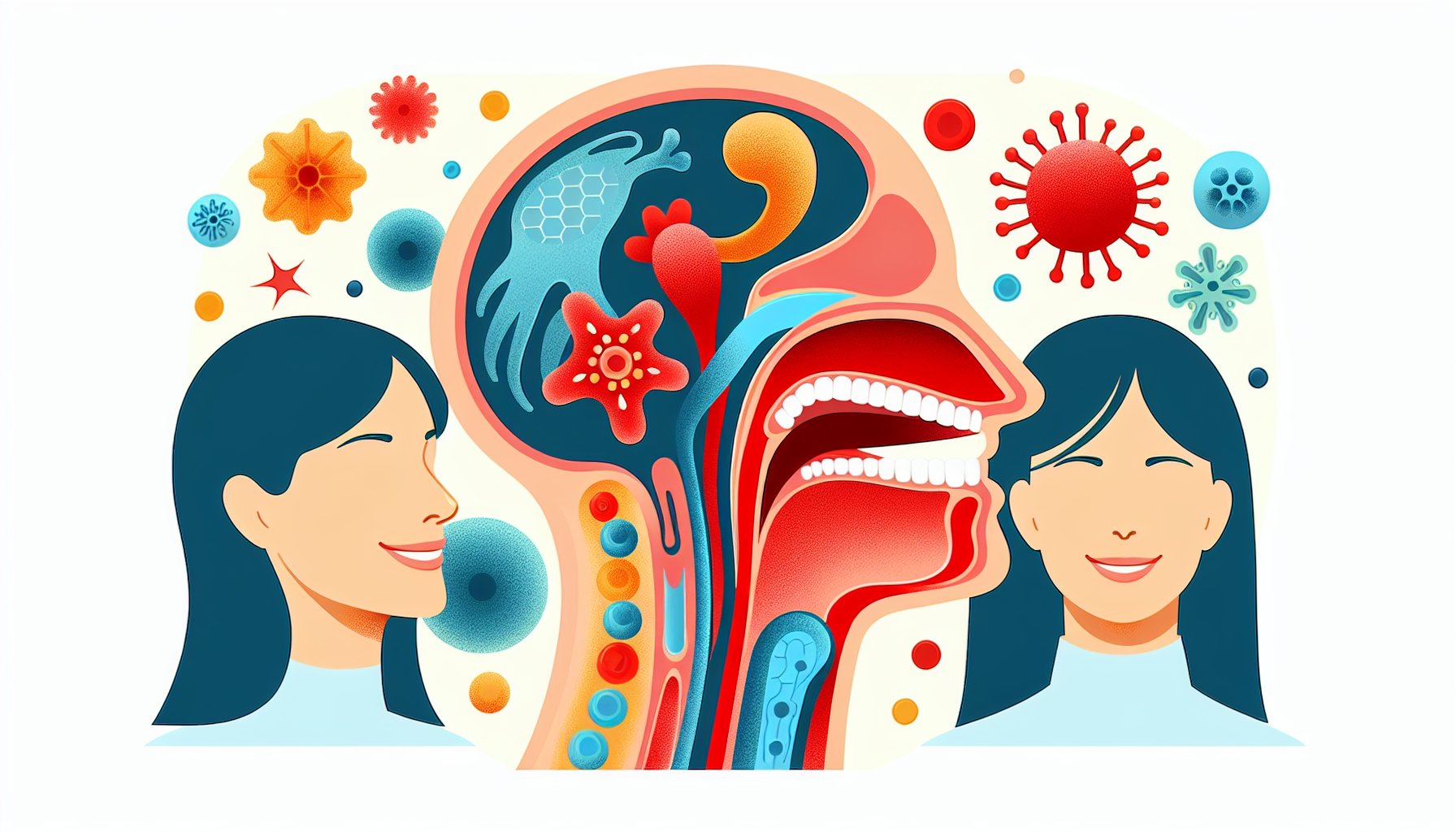Salivary glands play a crucial role in our oral health, producing up to a quart of saliva each day. Saliva helps lubricate the mouth, aids in swallowing and digestion, and protects teeth against bacteria. When salivary glands or their ducts experience problems, it can lead to various symptoms such as swelling, dry mouth, pain, fever, and foul-tasting drainage.
Common Salivary Gland Problems
Several issues can interfere with the function of salivary glands or block their ducts, preventing proper saliva drainage. Some of the most common salivary gland problems include:
1. Salivary Stones (Sialoliths)
Salivary stones are the most common cause of swollen salivary glands. These crystallized saliva deposits can block the flow of saliva, causing pain and swelling in the affected gland. If left untreated, the gland may become infected.
2. Salivary Gland Infection (Sialadenitis)
Bacterial infections can occur when a salivary duct is blocked, most commonly affecting the parotid gland. Symptoms include a painful lump in the gland and foul-tasting pus draining into the mouth. Untreated infections can lead to severe pain, high fevers, and abscess formation.
3. Viral Infections
Viral infections like mumps, flu, Epstein-Barr virus (EBV), cytomegalovirus (CMV), Coxsackievirus, and human immunodeficiency virus (HIV) can cause swelling of the salivary glands. Mumps, in particular, is commonly associated with salivary gland swelling, occurring in 30-40% of cases.
4. Cysts
Cysts can develop in the salivary glands due to injuries, infections, tumors, or salivary stones blocking saliva flow. Some babies are born with cysts in the parotid gland, which can interfere with eating and speaking.
5. Tumors
Salivary glands can be affected by both cancerous (malignant) and noncancerous (benign) tumors. The two most common benign tumors are pleomorphic adenomas and Warthin's tumor. Malignant tumors include mucoepidermoid carcinoma, adenoid cystic carcinoma, adenocarcinoma, low-grade polymorphous adenocarcinoma, and malignant mixed tumor.
Treatment Options for Salivary Gland Problems
Treatment for salivary gland problems depends on the underlying cause. Some common treatment approaches include:
Manual removal of stones, warm compresses, or sour candies to stimulate saliva flow
Surgery to remove blockages or affected glands
Radiation and/or chemotherapy for cancerous tumors
Antibiotics for bacterial infections
Medications to alleviate dry mouth symptoms
If you experience symptoms related to your salivary glands, it's essential to consult with a healthcare professional for an accurate diagnosis and appropriate treatment plan. With proper care and management, most salivary gland problems can be effectively treated, allowing you to maintain good oral health and comfort.
For more information on salivary gland health and related topics, visit:



